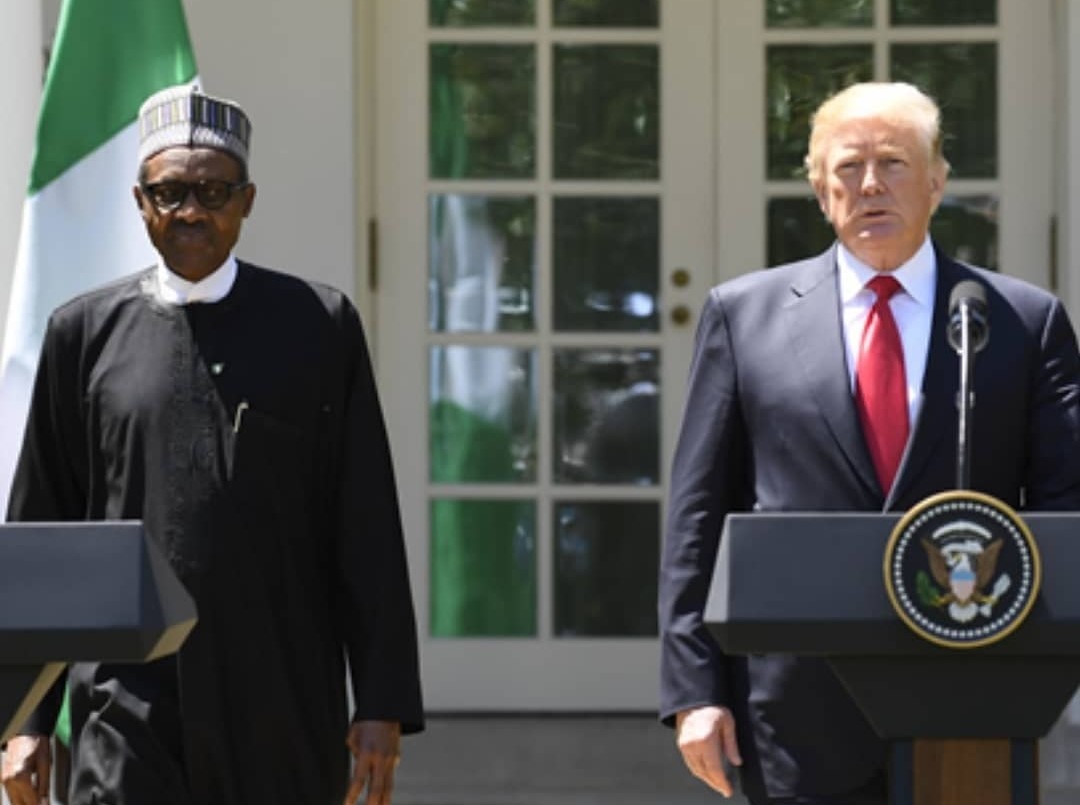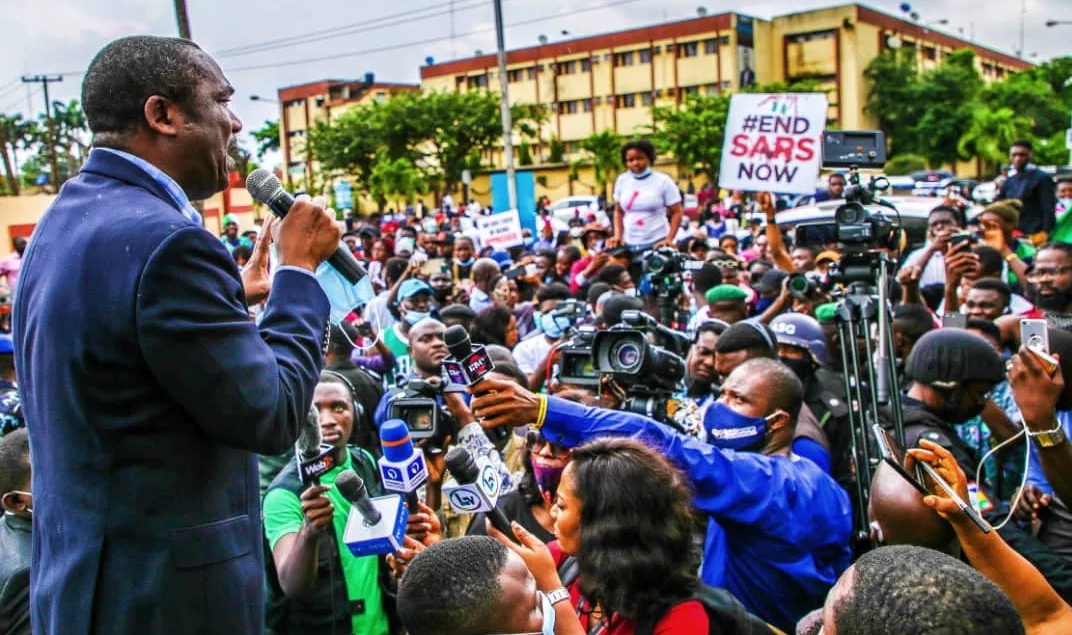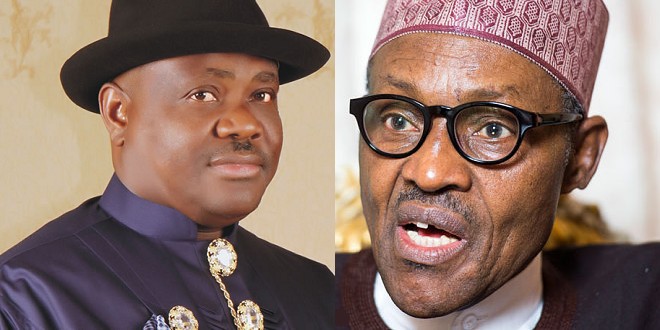The United States Government has said that it has imposed visa restrictions on some Nigerian politicians, which it said undermined Nigerian democracy.
The United States Government has said that it has imposed visa restrictions on some Nigerian politicians, which it said undermined Nigerian democracy. It, however, did not name who the politicians were, their parties and specific offences.
“The Secretary of State is imposing visa restrictions on Nigerians believed to be responsible for, or complicit in, undermining democracy in Nigeria. These individuals have operated with impunity at the expense of the Nigerian people and undermined democratic principles and human rights,” the US State Department spokesman Morgan Ortagus said in a statement.
Nigeria’s last general elections was one of the bloodiest Africa has seen in 2019 and was marred by voter apathy. The election handed President Muhammadu Buhari another four-year term in office. His opponent and former ally, Atiku Abubakar said the president and his ruling All Progressives Congress rigged the election in their favour. Atiku claimed he won the election based on the record his camp said it retrieved from Nigeria’s electoral body’s server.
But the Independent National Electoral Commission disputed the claims.
The head of Nigeria office for the Open Society Initiative for West Africa Udo Jude Ilo said the presidential election was many steps backward for Africa’s most populous country.
“The outcome of the process was not merely a travesty for Nigeria; it was a warning sign to advocates of democracy and open society everywhere,” Ilo said in a post on Open Society’s website in March.
A report by SBM Intelligence and supported by UK Aid and Open Society Initiative for West Africa put election-related deaths in the country at 626 from 161 incidents. The fatalities were recorded between November 16, 2018, and the election days in February and March. It said only 15% of the incidents and 20% of fatalities were recorded on the election days.
“Thuggery, influenced by politicians and political parties, protest, election fraud, violence in battleground areas and vote-buying impacted on the outcome of the elections. Same can be said for terrorism, especially in the north-eastern states of Yobe and Borno, and the activities of security agencies in some contentious states,” the reported said.
The United States insisted the visa restrictions were imposed on the unnamed politicians for the same reasons both Open Society’s Ilo and SBM highlighted at different times.
“This decision reflects the Department of State’s commitment to working with the Nigerian government to realize its expressed commitment to end corruption and strengthen democracy, accountability, and respect for human rights,” Ortagus said.


